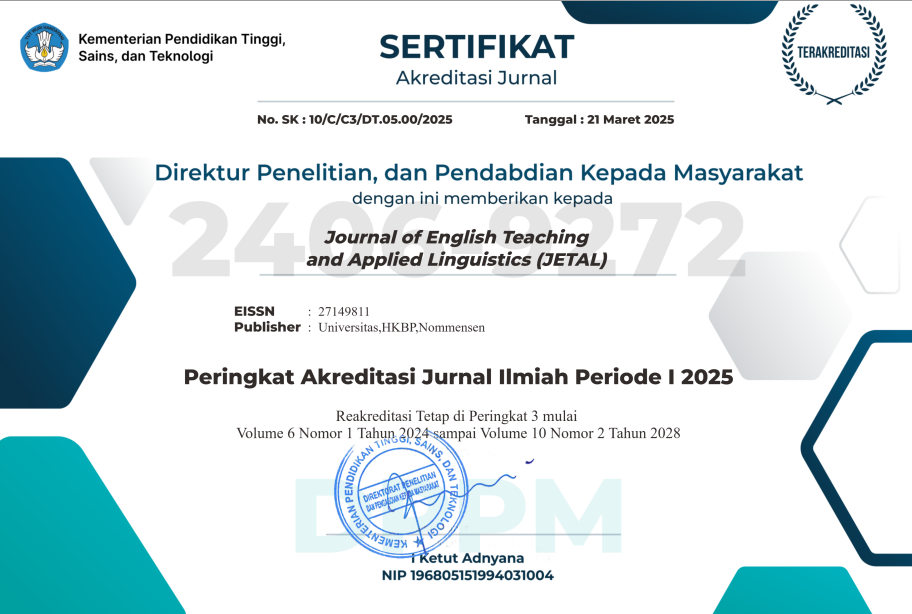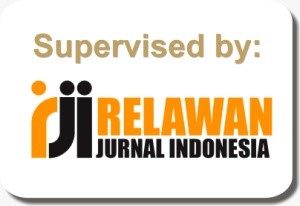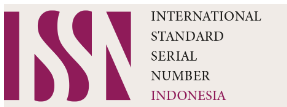Analysis of Agents’ Readiness in Taking Calls: Perspectives on Language Assessments and its Effectiveness
Abstract
BPO industry is one of the most popular jobs of choice by many young people in the Philippines. Its popularity is due to the fact that the salary is competitive and it does not discriminate by giving equal chances to jobseekers regardless of their age, gender, or educational attainment. As there are numerous BPO companies in the Philippines, some find it as an opportunity to enhance their communication skills before applying for the job of their dreams. With that, this paper aims to identify the different language assessment tools and tests provided during training and measure how effective it is to prepare the agents in taking live calls. This study also presents common opportunities agents less than 90-day tenure experience and the interventions done by their supervisors to meet the operation needs.
References
Bugay, M. A., & Gutierez, M. R. M. (2020). Communication challenges in business processoutsourcing (BPO) industry. The Normal Light, 14(1): 194-216.
Esquivel, O. (2019). Exploring the filipinization of the english language in a digital age: An identity apart from other world englishes. Journal of English as an International Language: 14(1). https://files.eric.ed.gov/fulltext/EJ1244667.pdf.
Forey, G., et al. (2017). English in philippine call centers and BPO operations: Issues, opportunities and research. ResearchGate.
Lee, D. (2015). The philippines has become the call-center capital of the world - LA Times. http://hhsrobinson.org/HHSRobinson/Industry_files/The%20Philippines%20has%20become%20the%20call-center%20capital%20of%20the%20world%20-%20LA%20Times.pdf.
Montejo, R. (2018). Intercultural communication challenges: Exploring the minds of call center agents. Tin-aw: 2(1). https://www.ejournals.ph/article.php?id=13634.
Piller, I. (2015). Language ideologies. The International Encyclopedia of Language and Social Interaction. https://www.languageonthemove.com/wp-content/uploads/2015/05/Piller_Language-ideologies.pdf.
Rehmat, W. et al. (2015). Is training effective? Evaluating training effectiveness in call centers. Electronic Journal of Business Ethics and Organization Studies:20(1), 4-13. http://ejbo.jyu.fi/pdf/ejbo_vol20_no1_pages_4-13.pdf.
Robertson, P. (2019). Asian EFL Journal: 21(2.3). https://files.eric.ed.gov/fulltext/ED596740.pdf.

This work is licensed under a Creative Commons Attribution-ShareAlike 4.0 International License.
Authors retain copyright and grant the journal right of first publication with the work simultaneously licensed under a Creative Commons Attribution-ShareAlike 4.0 International License (CC BY-SA 4.0) that allows others to share the work with an acknowledgment of the work's authorship and initial publication in this journal.
Authors are able to enter into separate, additional contractual arrangements for the non-exclusive distribution of the journal's published version of the work (e.g., post it to an institutional repository or publish it in a book), with an acknowledgment of its initial publication in this journal.
Authors are permitted and encouraged to post their work online (e.g., in institutional repositories or on their website) prior to and during the submission process, as it can lead to productive exchanges, as well as earlier and greater citation of published work (See The Effect of Open Access).






